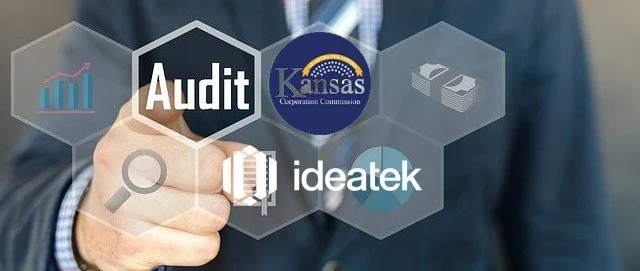Do-Over! NTIA Policy Notice Makes Fundamental Changes To BEAD Program
June 6, 2025 – The Department of Commerce’s National Telecommunications and Information Administration (NTIA) has issued a Restructuring Policy Notice that modifies the Broadband Equity, Access, and Deployment (BEAD) Program. The $42.45 billion BEAD Program was created by the Infrastructure Investment and Jobs Act (IIJA) to provide high-speed broadband internet access throughout the U.S. Each state and territory (Eligible Entity) will use BEAD Program funding to administer grant programs that make awards to subgrantees to deploy broadband to unserved and underserved locations in their state and territory.
The new Policy Notice modifies and replaces certain requirements outlined in the original May 2022 BEAD Notice of Funding Opportunity (NOFO). Each Eligible Entity must now comply with the requirements and obligations in the Policy Notice and submit and gain approval of a new Final Proposal. NTIA will complete its review of each Final Proposal within 90 days of submission. By issuing the changes, NTIA is hitting the reset button on the program – Eligible Entities must rescind all preliminary and provisional subaward selections and notify applicants that a further round of applications will be considered before final awards are made. Eligible Entities that have already completed subgrantee selection must conduct at least one “Benefit of the Bargain” round. The Policy Notice Fact Sheet provides the following summary of the changes to the BEAD Program:
INSTITUTING a Tech-Neutral Approach – NTIA will adopt a technology neutral approach for the BEAD subgrantee selection process by returning the definition of a “Priority Broadband Project” to statutory language. Removing the preference for a single technology will bring the full force of the competitive marketplace to bear and allow American taxpayers to obtain the greatest return on their investment.
REMOVING Burdensome Labor and Employment Requirements – NTIA will limit the labor and employment requirement of the statute to a certification of compliance with existing law and eliminate the central planning and DEI labor and employment edicts that disadvantaged both workers and providers, drove up costs, and undermined broadband buildouts.
ELIMINATING Climate Change Requirements – NTIA will eliminate the extraneous and burdensome obligations to conduct climate analyses. Instead, NTIA guidance will focus on ensuring reliability and resiliency of the network.
ENDING Oppressive Net Neutrality Requirements – NTIA will eliminate the NOFO requirement that micromanaged network management and imposed wholesale access requirements on applicants.
REMOVING Time-Consuming, DEI-Driven Coordination Requirements – NTIA will eliminate expansive, extralegal requirements on Eligible Entities to consult with a myriad of special interest groups, including representatives from demographic and identity-based organizations.
ENDING Needless Municipal Broadband Paperwork – NTIA will eliminate the flawed requirement in the Final Proposal that Eligible Entities favor participation of non-traditional broadband providers (such as municipalities or political subdivisions), an incentive that risked redirecting scarce funds to less capable providers.
ENDING Backdoor Rate Regulation – NTIA will refuse to accept any low-cost service option proposed in an Eligible Entity’s Final Proposal that attempts to impose a specific rate level (i.e., dollar amount) and instead call on Eligible Entities to permit providers to propose their existing, market driven low-cost plans to meet the statutory low-cost requirement. NTIA will also eliminate the requirement that Eligible Entities have a middle-class affordability plan, which was undefined and impossible to operationalize.
STREAMLINING Environmental Reviews – NTIA will require the use of an NTIA-developed tool to significantly reduce the time and effort required for broadband permitting. The Environmental Screening and Permitting Tracking Tool (ESAPTT) is designed to accelerate National Environmental Policy Act (NEPA) processing timelines by several months and will be utilized by all Eligible Entities deploying BEAD.





